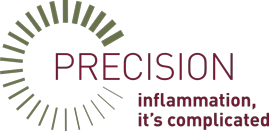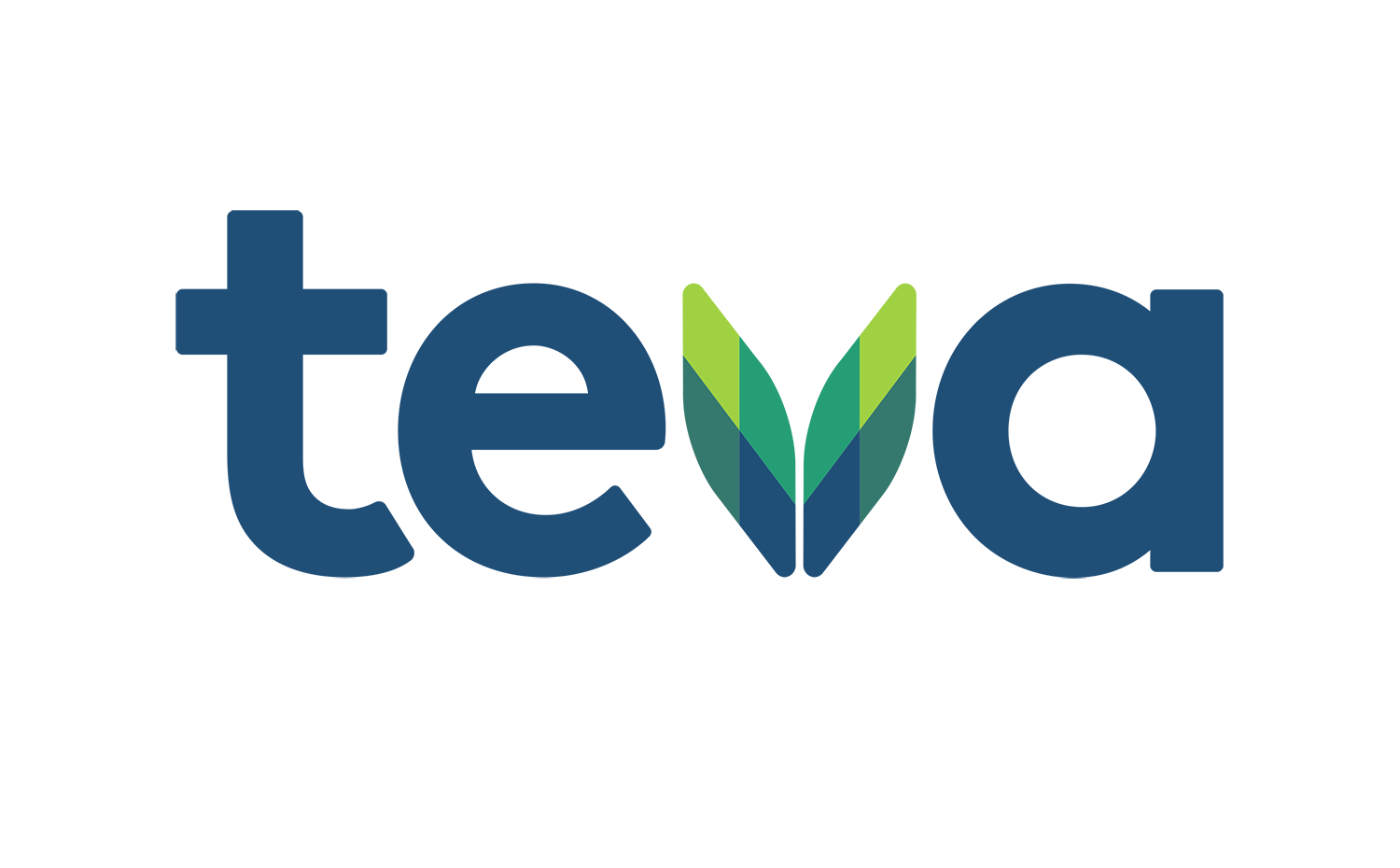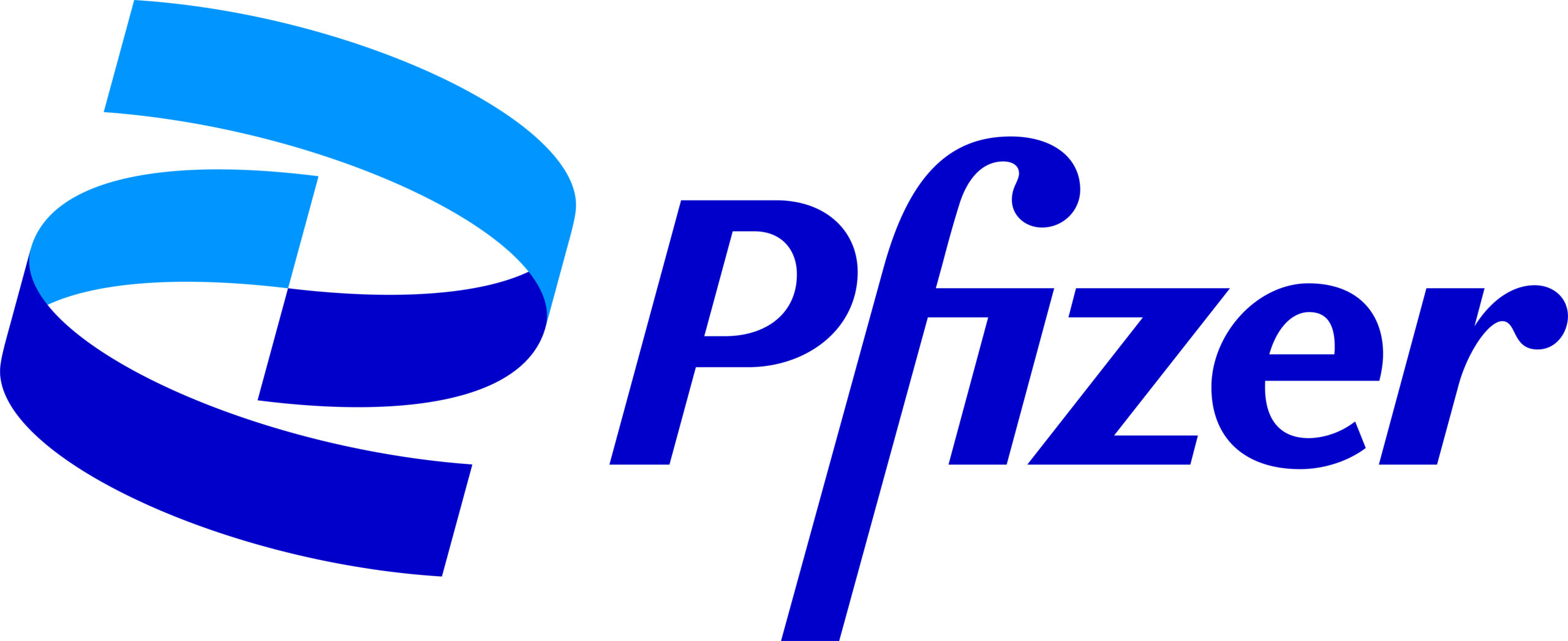Preventing Complications with Better Use of Gout Medications: Will Shared Access to Electronic Medical Records Help?
*Please note: This study is no longer recruiting participants.* 
A sub study of PRECISION: Preventing Complications from Inflammatory Skin, Joint and Bowel Conditions
Project Lead: Mary De Vera MSc, PhD. Assistant Professor, Faculty of Pharmaceutical Sciences, University of British Columbia For a list of team members involved in this study click here.
Study Start Date:
2015
Study End Date:
2019
Why do this research?
Gout is a very painful type of arthritis that occurs when too much uric acid builds up in the body leading to repeated inflammation and deformity in the joints. It affects over 1 million Canadians and this number is expected to increase as the population ages. Studies have shown that gout often is not properly managed or patients do not stick to their treatment plan. As a result, patients often do poorly, suffering from repeated gout attacks, and complications that lead to extra hospital visits, higher costs and even death. There is little research showing how to solve this problem. In this sub-project of the PRECISION study, we will examine:
- If rheumatologists, pharmacist, and dieticians shared access of electronic medical records (EMRs) improves gout care for patients.
- This research has potential to support patients’ use of treatment, prevent complications associated with gout, and ultimately, improve patients’ health.
What will be done?
Shared access of EMRs essentially creates a virtual clinic that allows for the exchange of information and communication between patients and the care team. The pharmacist will conduct a medication review with gout patients at baseline and follow-up calls with patients to discuss any reactions or issues with medications. Patients will also receive a nutrition consultation over the telephone to provide them education and develop tailored-diets to address gout-related issues. The team will study patients’ use of gout medication using information reported in their EMRs and by patients themselves.
Who is involved?
For the sample, the team will aim to recruit a total of 50 gout patients from participating rheumatology clinics across BC. Eligible patients will be identified upon consultation with their rheumatologist. Participants must be at least 19 years old, English speaking, and have a telephone.
Who is funding this research?
- Canadian Institute for Health Research
- Crohn’s and Colitis Canada
- Canadian Initiative for Outcomes in Rheumatology cAre (CIORA)


















































